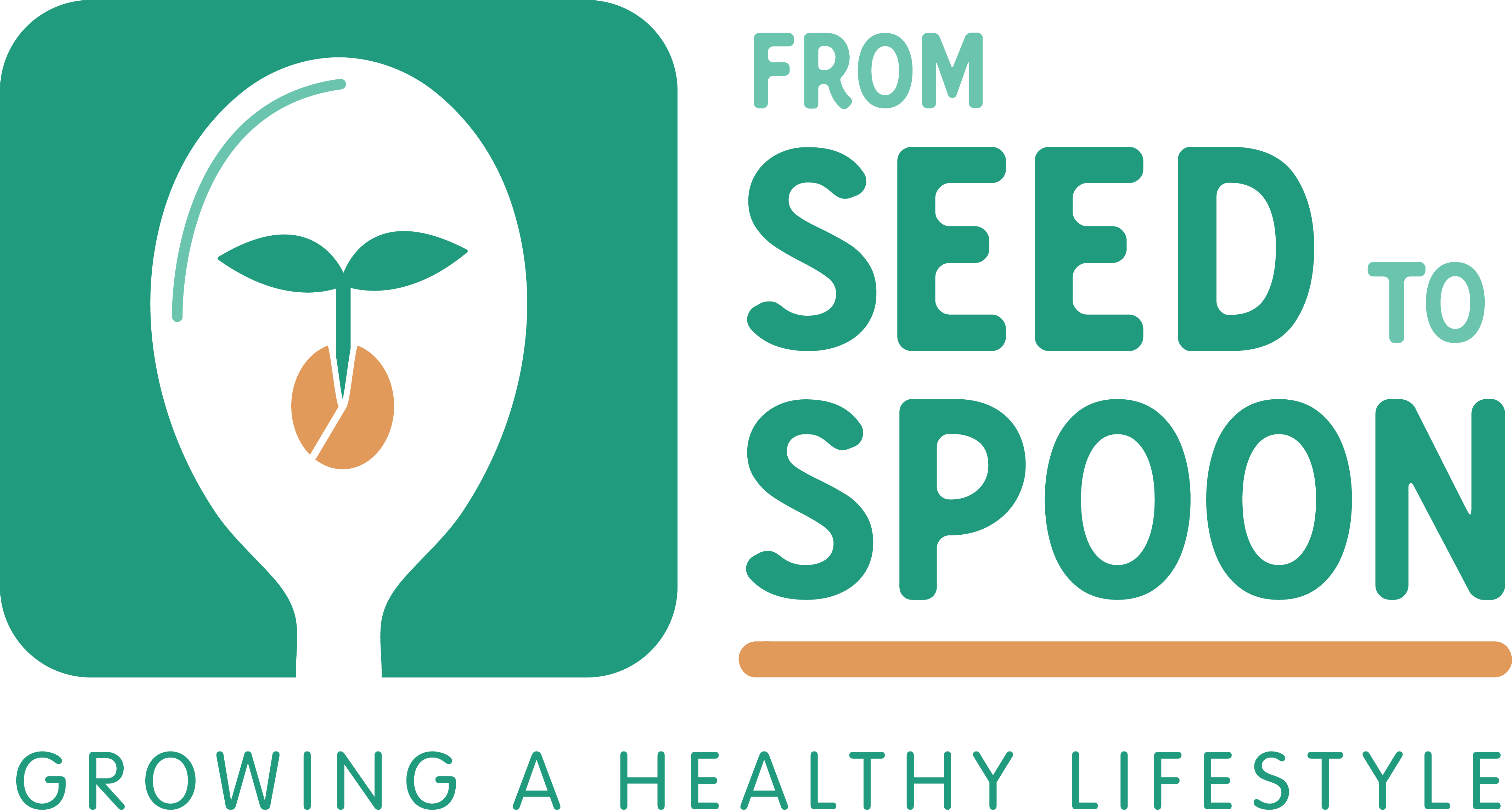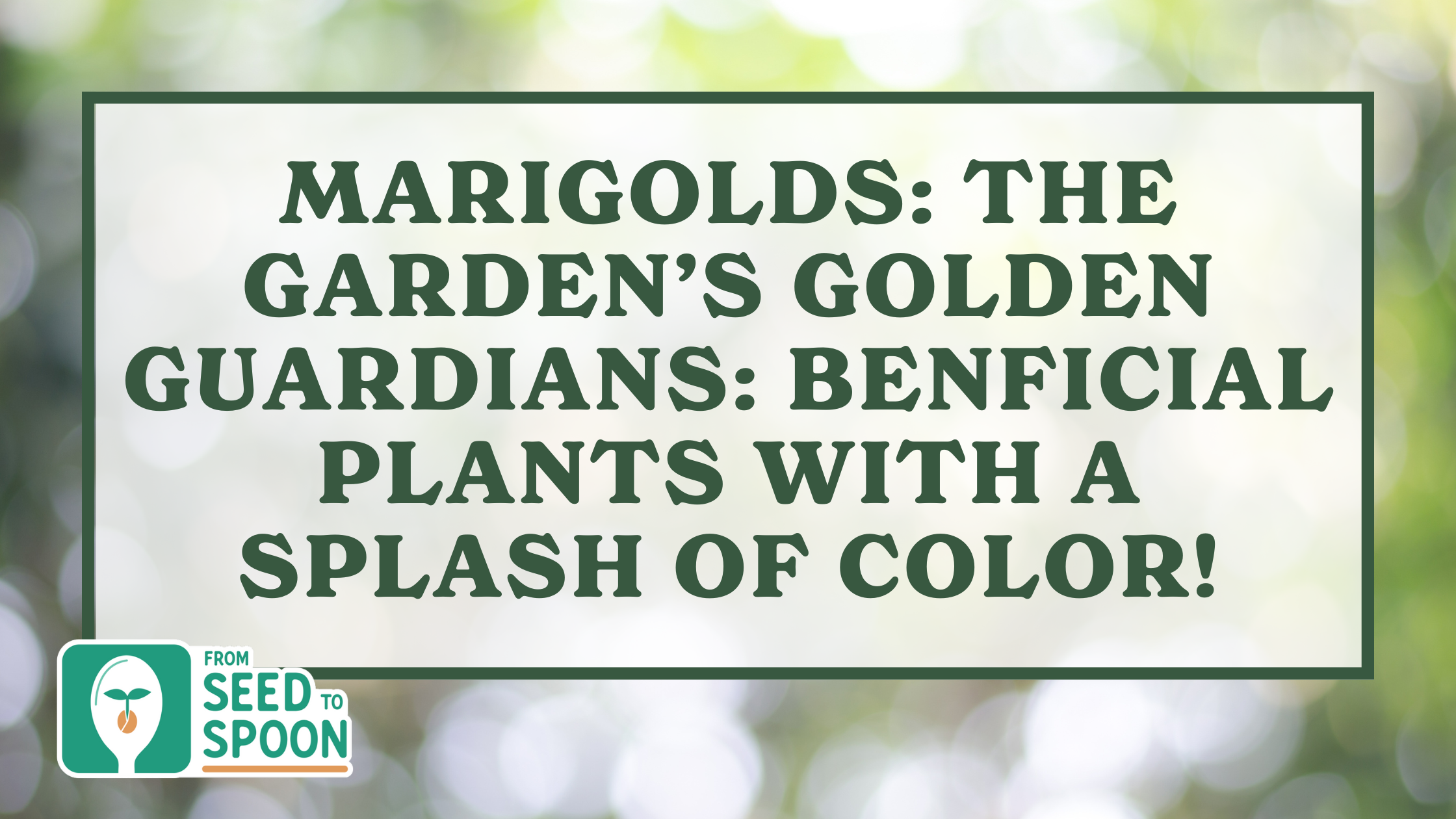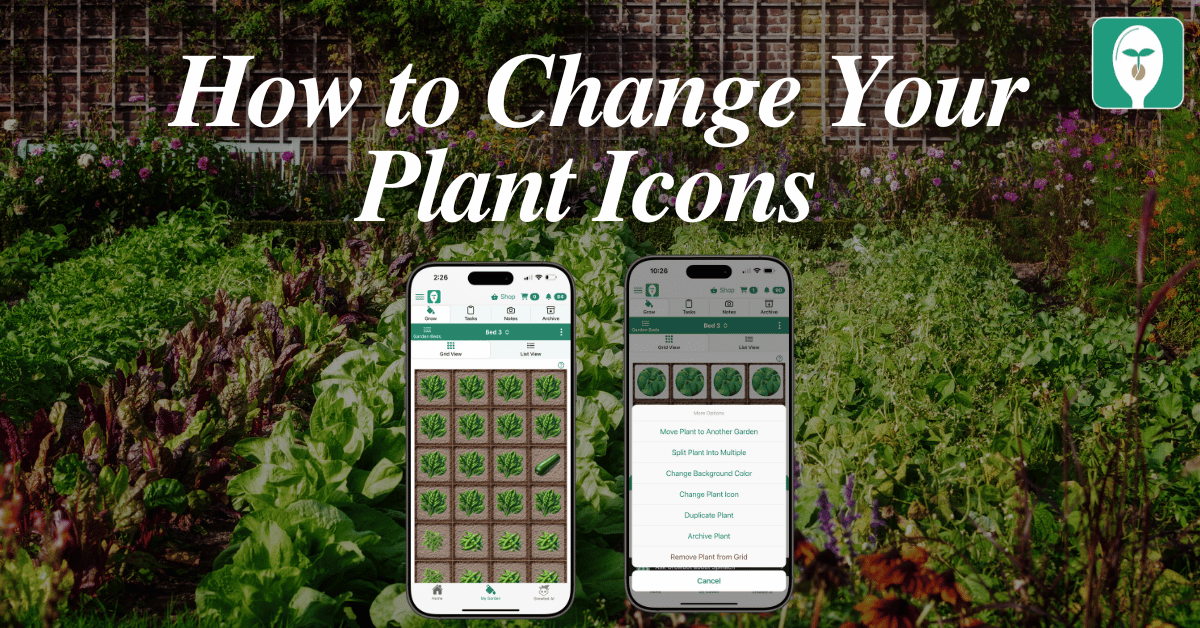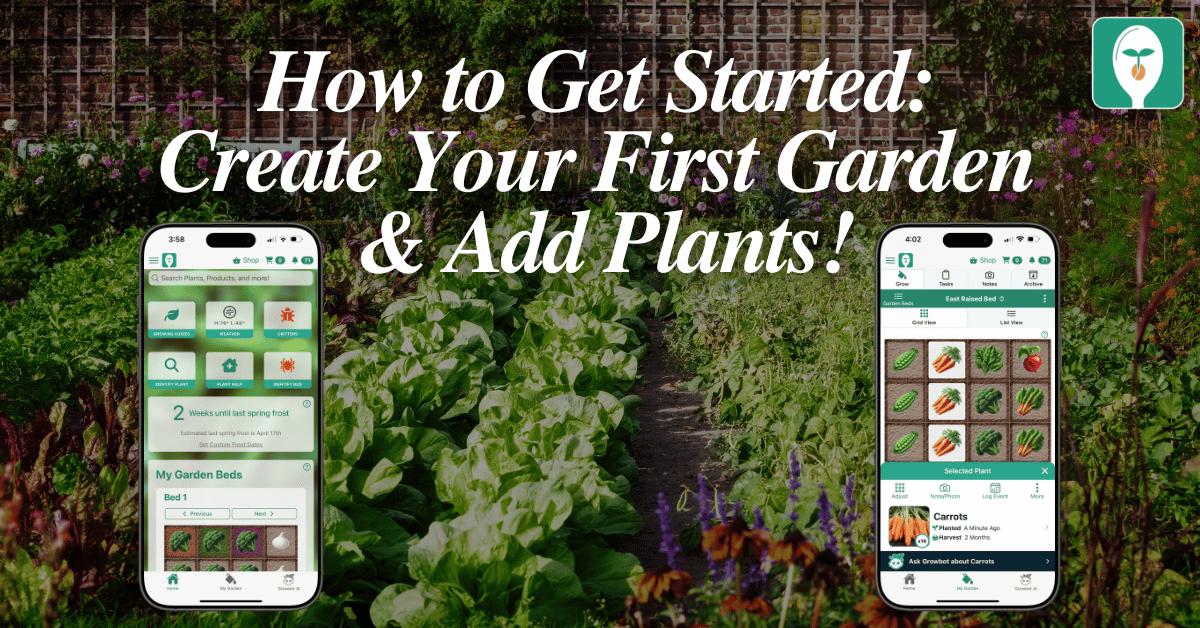Marigolds are more than just a bright and cheerful addition to your garden. These golden-hued beauties offer a range of benefits to various plants, making them a must-have in any gardener’s arsenal. In this article, we’ll explore what plants benefit most from the presence of marigolds and how you can use this knowledge to enhance your garden’s health and vitality.
1. Tomatoes: The Classic Companion
Marigolds and tomatoes are a match made in gardening heaven. Marigolds are known to repel nematodes, tiny soil-dwelling pests that can seriously harm tomato roots. By planting marigolds around your tomato plants, you create a natural protective barrier, ensuring healthier growth and a better yield.
2. Cucumbers: Safeguarding Against Pests
Cucumber plants can benefit significantly from marigolds’ ability to repel a variety of pests, including beetles and nematodes. The strong scent of marigolds serves as a natural deterrent, keeping these pests at bay and ensuring your cucumbers grow undisturbed.
3. Peppers: Spicing Up Protection
Peppers, like tomatoes, are susceptible to nematode attacks. Planting marigolds near your pepper plants can help protect them from these subterranean pests. Additionally, marigolds can help ward off other pests that may be attracted to your pepper plants.
4. Eggplants: A Colorful Defense
Eggplants, being in the same family as tomatoes and peppers, also benefit from marigolds’ pest-repelling properties. The marigolds’ vibrant colors can attract beneficial insects that prey on pests harmful to eggplants, creating a more balanced garden ecosystem.
5. Potatoes: Underground Allies
Marigolds can be beneficial when planted near potato crops. Their ability to repel nematodes is particularly valuable for potatoes, as these pests can cause significant damage to the plants’ underground tubers.
6. Roses: Blooming with Benefits
Even flowers like roses can benefit from marigolds. Planting marigolds around your rose bushes can help deter aphids, a common pest for roses, thanks to the strong scent that marigolds emit.
7. Melons and Squashes: Companionable Coverage
Marigolds can also be beneficial for melon and squash plants. Their pest-repelling abilities help protect these plants from common garden pests, contributing to healthier and more bountiful harvests.
Marigolds aren’t just a pretty face in the garden; they’re a powerful ally against various pests. By strategically planting marigolds, you can naturally protect a wide range of plants, reducing the need for chemical pesticides. For more insights on companion planting and to access a wealth of gardening knowledge, remember to download the From Seed to Spoon app. It’s your go-to guide for creating a thriving, sustainable garden.

Carrie Spoonemore, co-founder of “From Seed to Spoon,” stands as a beacon of inspiration for gardeners and health enthusiasts alike. Her journey alongside her husband, Dale Spoonemore, in creating a platform that demystifies gardening and promotes a healthier lifestyle, has made a significant impact on individuals around the globe. Through the “From Seed to Spoon” app, Carrie has dedicated herself to empowering people to take control of their health and environment by growing their own food.
With a profound belief in the power of gardening to improve mental and physical health, Carrie’s contributions to the Seed to Spoon blog reflect her holistic approach to wellness. Her articles often focus on the nutritional benefits of homegrown fruits and vegetables, organic gardening practices, and the mental health benefits of spending time in nature. Carrie’s expertise in health science shines through in her detailed discussions on how specific plants can contribute to a balanced diet and overall well-being.
Carrie’s passion for gardening is deeply intertwined with her commitment to family and community wellness. She frequently shares personal stories of how gardening has brought her family closer together, offering practical tips for involving children in gardening activities and making it a fun, educational experience. Her writing encourages families to explore gardening as a means of spending quality time together while learning about nature and sustainability.
In addition to gardening advice, Carrie’s contributions to the blog include insights into the use of technology to enhance the gardening experience. She has played a crucial role in designing the “From Seed to Spoon” app to be user-friendly, ensuring that users of all ages and backgrounds can navigate the complexities of gardening with ease. Her vision for the app is not just as a gardening tool but as a vehicle for change, inspiring individuals to adopt a more sustainable lifestyle by growing their own food.
Carrie Spoonemore’s presence on the blog is marked by her compassionate approach to teaching and her unwavering belief in the transformative power of gardening. Her work continues to inspire a community of gardeners to pursue a healthier, more sustainable way of living, proving that with the right tools and knowledge, anyone can become a gardener and advocate for their health and the planet.







